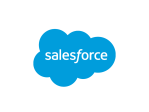Preparing Your Career for the Agent Future: Lessons from Trailblazers
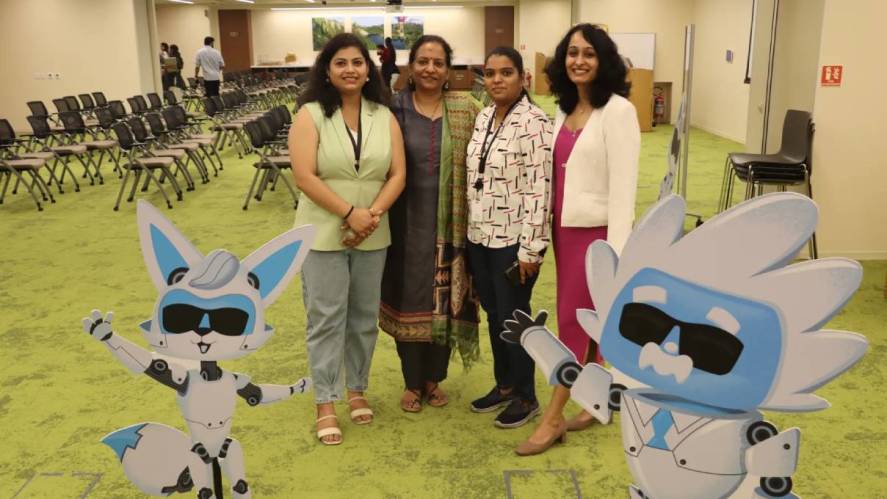


At Salesforce, trailblazers are turning intelligent agents into new opportunities. Discover how they're preparing for the AI-first future, and how you can too.
There’s a question echoing across boardrooms, town halls, and team meetings: What does AI mean for my career? At Salesforce, the answer lies both in action and preparation. Even as they push the boundaries of innovation with Agentforce’s autonomous, intelligent agents, leaders are also rethinking what it means to grow, lead, and build in the AI-augmented workplace.
We spoke to Salesforce professionals across engineering, content, customer support, and consulting to understand how they’re preparing their careers for an AI-first world. From their insights — sharp, specific, and grounded in real work — one thing is clear: AI isn’t the threat; it’s the turning point.
Blaze your trail to Salesforce!
At Salesforce, we’re not just shaping the future. We’re turning big ideas into breakthroughs. Want to join the #1 AI CRM that’s leading the digital labor revolution? Explore our open roles today!



1. From adapting to leading: A mindset shift

Several leaders agreed on one thing: the most urgent shift isn’t technical, it’s mental.
Technical Architect Ayusha Patnaik believes too many people are “talking about AI, but fewer are leading where the technology is actually fulfilling our needs.” For her, effective leadership in the age of AI isn’t just about explaining what the technology does — it’s about integrating it into core strategy, decision-making, and execution. “We need to ensure that AI is used to enhance human potential and well-being,” she says. “That means showing how it can shift outcomes, not just describing its features.”
Venkata Sai Sarala Guddanti, an AI/Agentforce Technical Consultant, described the difference between adapting and leading as the difference between reacting and influencing. “Leading is proactive — it’s about creating durable value and influencing the direction of how AI is applied in my domain.”
This shift in mindset isn’t just about embracing new tools, but about fundamentally redefining productivity. For Sarala, the goal isn’t to automate her way out of relevance, but to work smarter by collaborating with AI. She sees AI as a teammate that automates routine tasks, liberating human experts to concentrate on their unique strengths: asking more insightful questions, guiding critical decisions, and applying nuanced judgment.

From Manjula Shankar‘s point of view, the real mindset shift is moving from “AI as a tool to help me do my job” to “AI as a partner to help me reimagine the job itself.” That, she says, is what unlocks entirely new ways of working.
2. Learn deeply, not just quickly
Every leader we spoke to emphasized one thing: staying ahead in the age of AI requires constant, intentional learning — not just staying busy but staying curious with purpose.
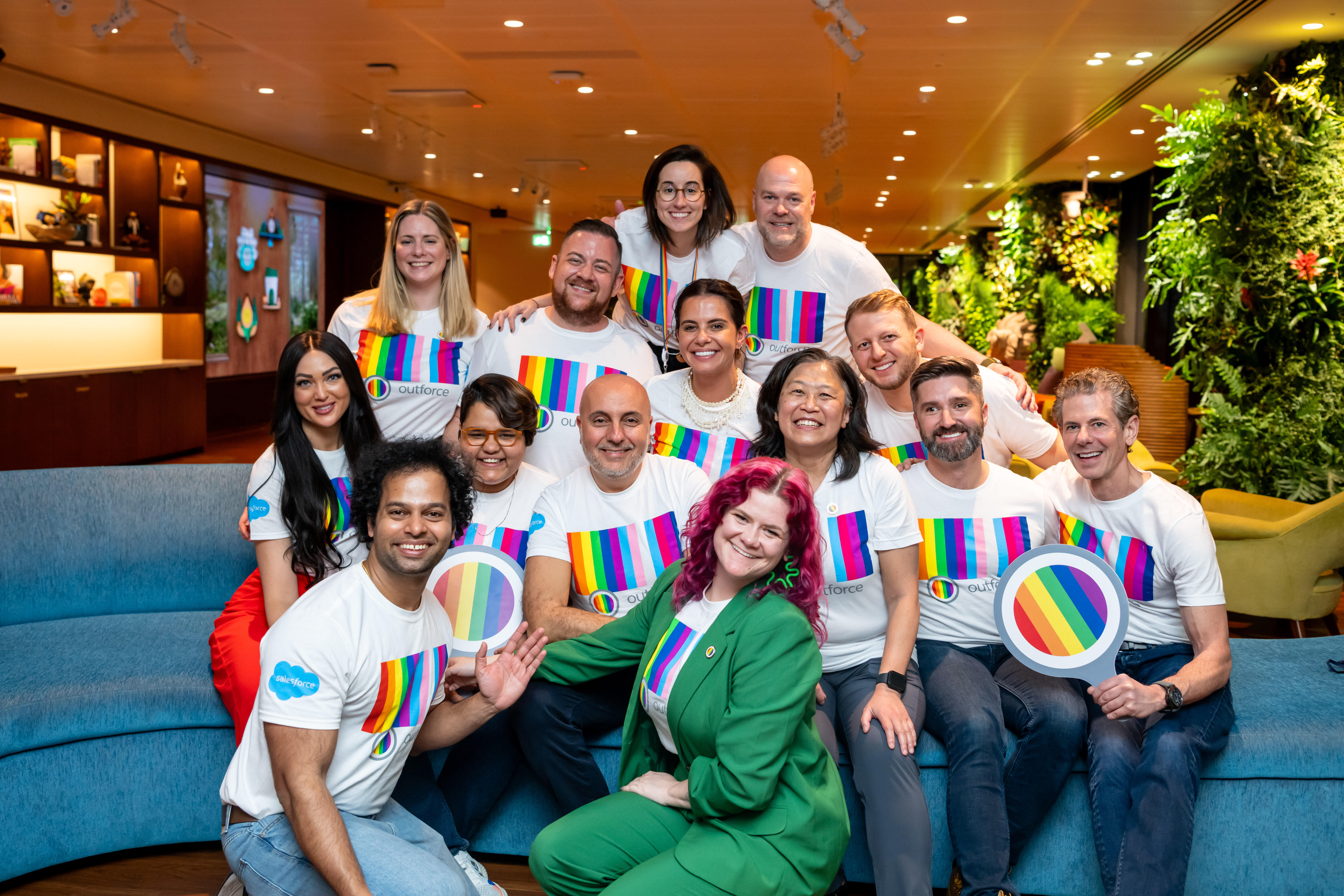
Vaishali Kannan, Senior Manager, Content Experience, said she dedicates time each week to explore platforms and models herself. “You cannot lead what you do not fundamentally understand.” This belief fuels her team’s ability to not just keep up with change, but to drive it. She refers to this mindset as a “critical embrace” — being open to experimentation while remaining grounded in what truly adds value.

Krithika Shankar, Technical Support Engineer, echoed this with her own approach: dedicating weekly time to stay updated and “sparking ideas for how I can leverage AI in my role.”
Ayusha adds another layer: “I prototype the future. Every week, I experiment with new AI tools and ideas before they hit the mainstream.” Her focus isn’t just on features but on use cases that shift industries and mindsets.
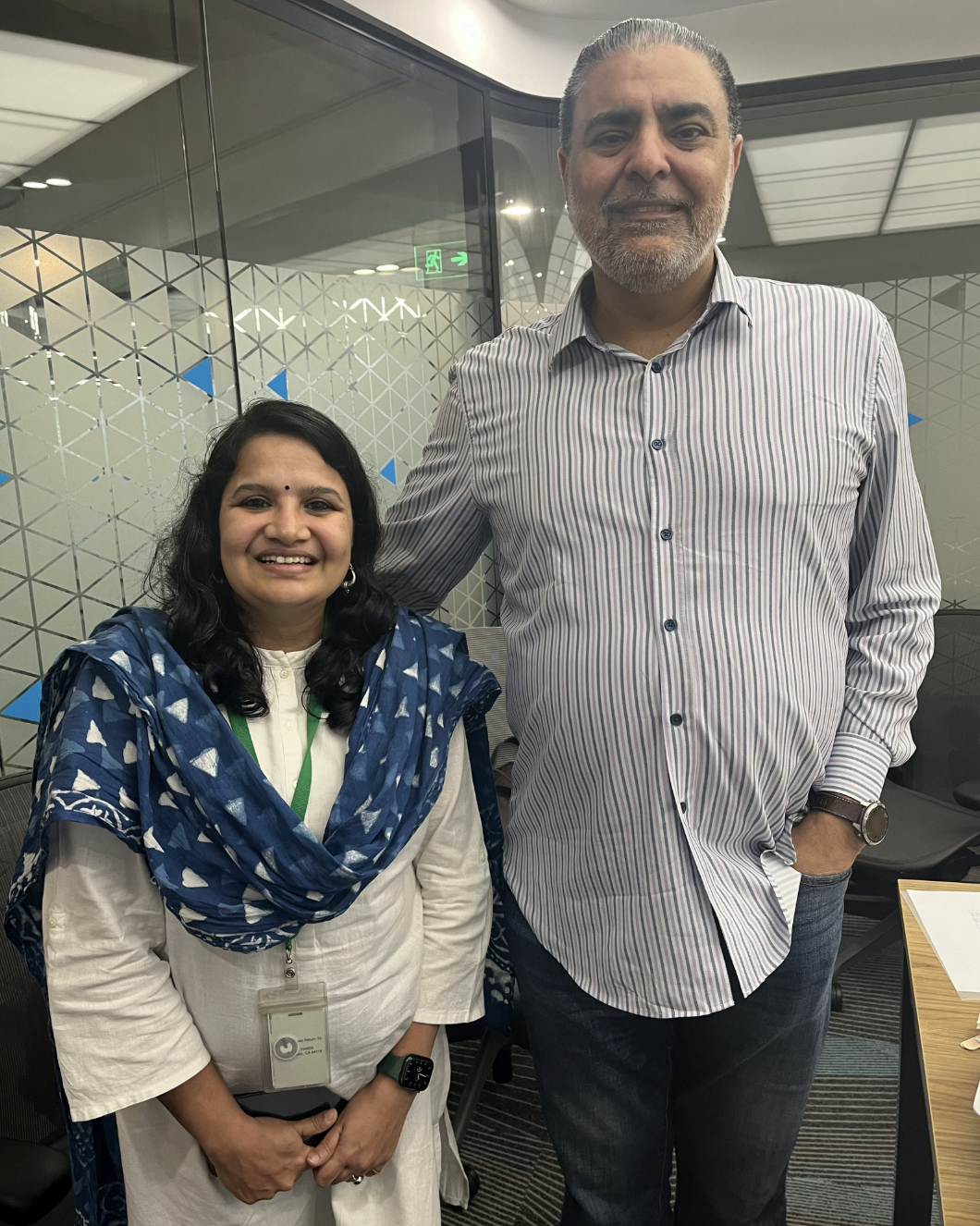
Priya Ramamurthy, Director of Software Engineering, is focused on building an AI-ready engineering culture by upskilling her team on tools like Cursor and Gemini. But her advice extends beyond tech: she cautions against passivity in career growth.
“We can’t wait for our employers to train us. The people who stay ahead create their own learning roadmaps, invest personal time, and share what they learn before being asked.”
— Priya Ramamurthy
3. Reimagine first, automate later
When asked what mistake people often make, many pointed to the same pattern: automating the status quo instead of redesigning it.
“Rather than simply using AI to speed up existing workflows, I challenge my teams to rethink processes entirely,” Manjula said. That means designing for the customer experience first, then layering in AI where it actually helps.
Priya emphasized that identifying the right problems, and not just seeking faster answers, is the mark of future-ready leadership. She’s working to cultivate teams that can frame precise questions, sense when AI’s outputs fall short, and use judgment to intervene.
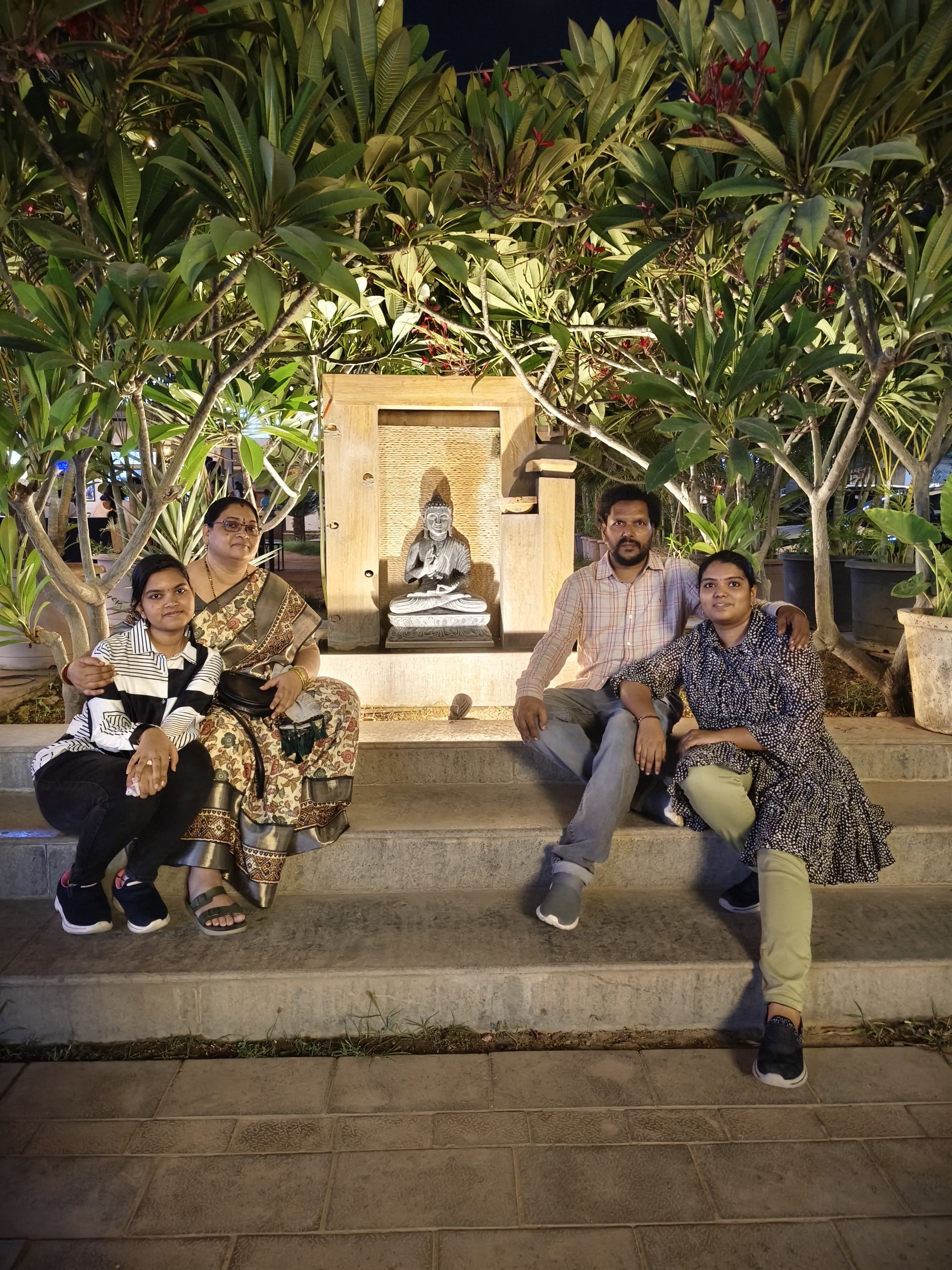
Sarala described a similar approach. She doesn’t start by asking what AI can do; she starts with questions like: “What’s the simplest possible solution that could deliver 80% of the value?” and “How will we measure success from a business perspective, not just a statistical one?”
“True value in an AI-first world doesn’t come from just knowing about AI; it comes from applying AI to a specific domain you understand deeply.”
— Venkata Sai Sarala Guddanti
4. Focus on durable skills, not just tools
With new platforms and features launching constantly, several leaders emphasized the importance of timeless skills.
Ayusha put it plainly: “Today’s hot AI platform might be obsolete in two years. But skills like critical thinking, problem framing, and creativity will outlast every tech wave.”
Priya agrees. Chasing every shiny new tool, she says, is no substitute for communication and problem-solving skills that stand the test of time.
Vaishali warned against ignoring the ethical side of innovation. “Focusing only on short-term wins and ignoring ethics can destroy the trust of our customers and teams, which is our most valuable thing.”
Manjula believes future-proofing demands more than technical fluency. With AI enabling teams to shift from repetitive tasks to strategic contributions, there is a need to rethink how people view their roles.
5. New roles, new opportunities
As intelligent agents become embedded across functions, leaders are already imagining new career paths.
Sarala sees demand emerging for an “AI/Agentforce Trust and Governance Engineer” — someone who ensures agent actions align with business objectives, monitors model drift, and enforces ethical guidelines.
Manjula anticipates the rise of the “AI Workflow Orchestrator”: someone who can train and fine-tune agents, design smart hand-offs between AI and humans, and continually improve performance based on feedback loops.
These roles are still emerging — but the signals are clear. As agents become more capable, the people who design, supervise, and guide them will become central to enterprise transformation.
Trailblazing starts here
For the leaders we spoke to, preparing a career for the AI future isn’t about reacting to change — it’s about shaping it.
You don’t have to be an AI expert to lead. But you do have to be curious, strategic, and ready to rethink what your role can become.
Want to hear more stories like these? Join us at Trailblazing Women Summit 2025, where we’ll explore what it means to lead with technology, build with intention, and be an agent of change.
We can’t wait to meet you!
Join our Talent Community and be the first to know about open roles, career tips, events happening near you, and much more.



